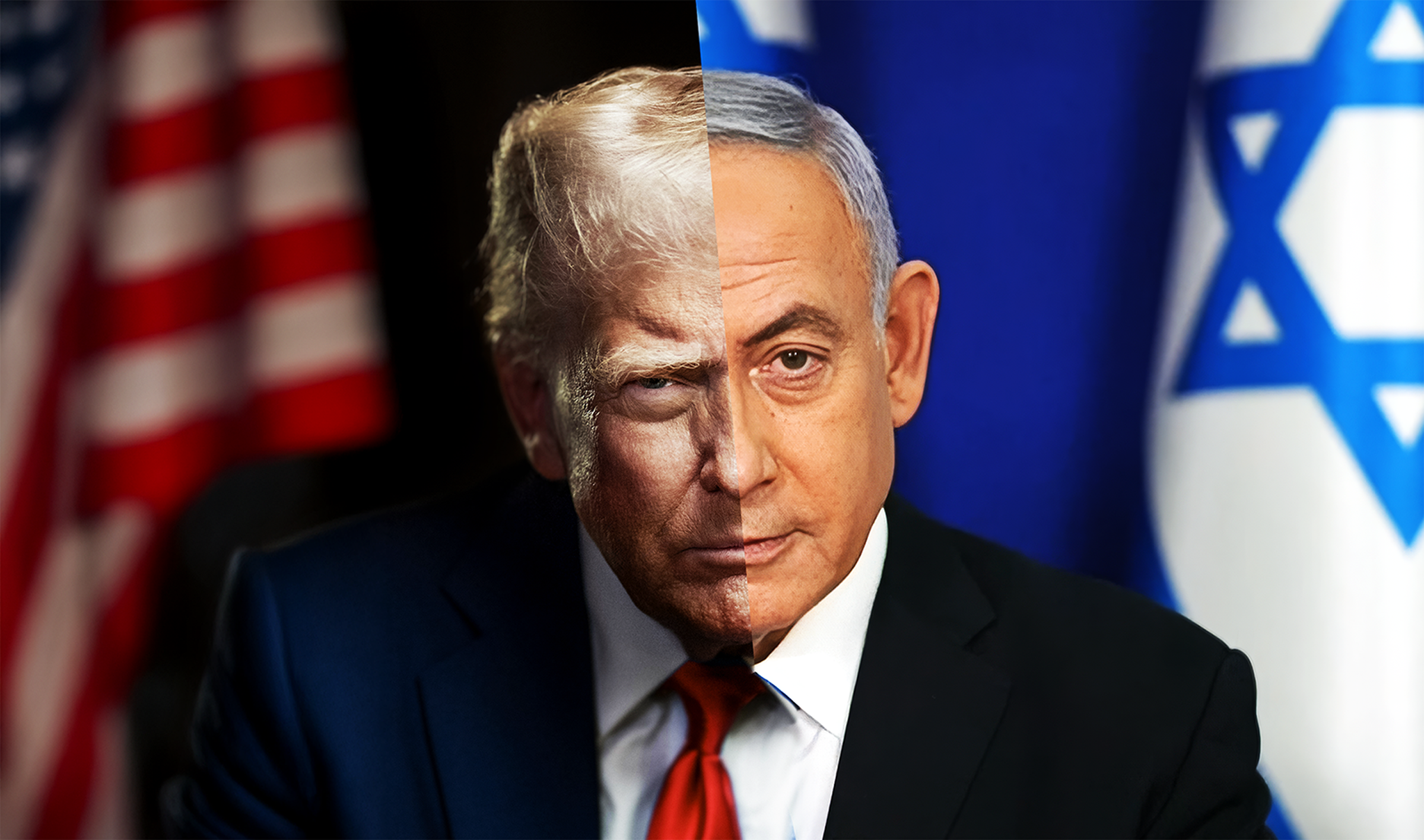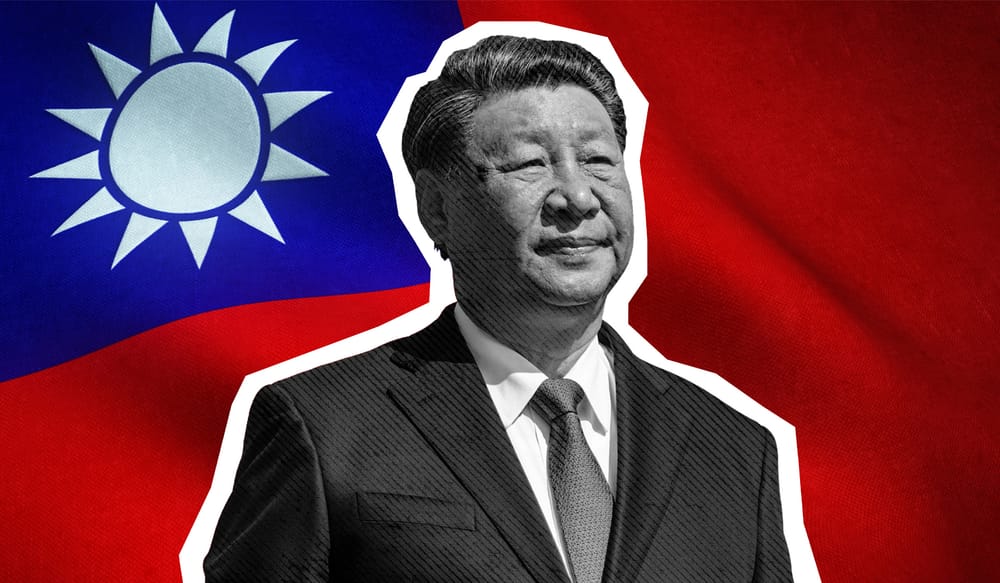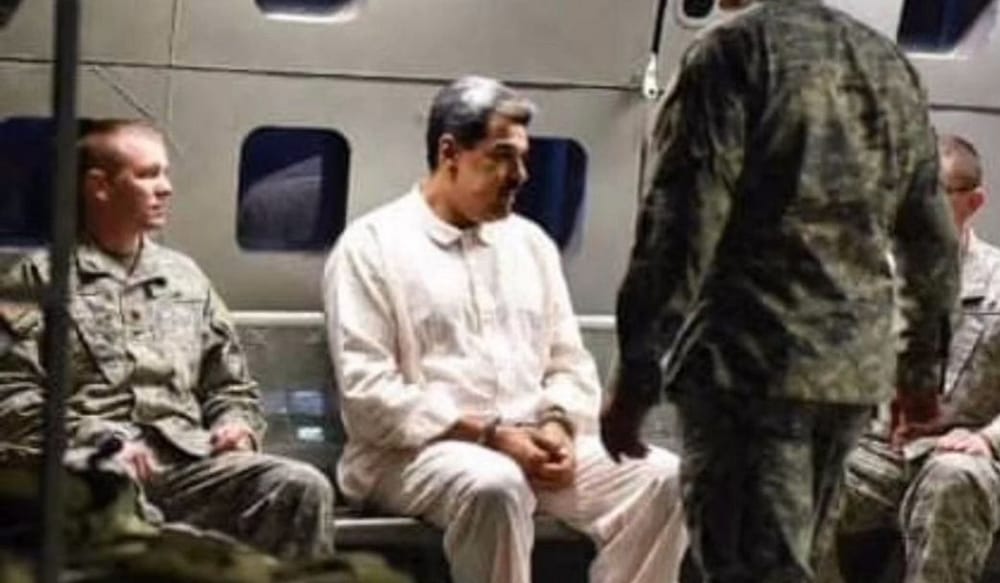I explained in my previous article why Israel picked this particular moment to attack Iran. Now, let's take a look at the role of the United States, as Donald Trump has gone to great lengths to publicly distance himself from the Israeli barrage.
Unlike during his first term, he reopened the diplomatic negotiations over Tehran's nuclear program, which were being held in recent weeks in Oman, and expressed hope for a political resolution.
Ahead of the incoming attack he ordered reductions to sensitive diplomatic personnel in the Gulf area, pulling Americans out of harm's way (limiting the chances of being inadvertently drawn into the war) and, once bombing commenced both he and his secretary of state, Marco Rubio, repeatedly stated that the US neither participates nor is interested in joining the attacks.
In reality, however, it appears to be a choreographed spectacle with full cooperation between Jerusalem and Washington.
Of course, Israelis would prefer the Americans help them rain hell on the theocratic regime, but as Trump is careful not to tarnish his image of a peacemaker who never started any war, they have to accept the limited (but not insignificant) support he has still extended to them.
After all, they couldn't expect similar generosity from a Democrat in charge.
Good cop, Donald
The good cop/bad cop technique aims to manipulate the subject into yielding by exposing him to alternating treatment between an aggressive, violent interrogator and a calm, friendly, helpful one, offering to end the torment if only you do what you're asked to.
Well-accustomed to sending mixed signals, Trump got into character quickly, especially as he was elected on promises of keeping America out of wars on foreign soil.

On the other hand, however, he also understands power and wouldn't oppose the collapse of the regime in Tehran. If someone else can do the beating for him then he is happy to lend support, as long as he doesn't have to dirty his hands.
And after nearly 2 years of fighting in Gaza and Lebanon, both Israel as a country and its Prime Minister, Benjamin Netanyahu, no longer care about public image. They care about finishing the job.
Bad cop, Bibi

With the next Israeli election scheduled to October 2026, it is likely the last opportunity for Netanyahu, who's turning 77 next year, to deal with Iran.
As the polls suggest an electoral defeat for his ruling coalition, it could be the end of the road for Bibi in national politics. Which is why he can afford not to care about public sentiments – both in and out of the country.
While Iran is considered a mortal threat by virtually all Israelis, it's hard to say if someone else would be as willing as Netanyahu to start an outright war. And now nobody has to worry about it, since he took it on himself.
He can bomb Iranian bases and nuclear research facilities, assassinate nuclear scientists, top generals and perhaps even the Supreme Leader, Ali Khamenei. And, if necessary, he can eventually retire, offering Israel an opportunity for a new start with a new, clean administration in a Middle East that he reconfigured for the benefit of his country.
Iran has already lost – it now has to decide how badly
Driven by bruised pride the regime in Tehran tries to respond by bombing Israel, but can't hope to damage it too seriously, as the US participates in protecting its ally (in cooperation with several Arab countries, who silently must hope that Israel succeeds).
Meanwhile most Israelis are both resilient and supportive of finally dealing with the biggest threat to their existence, so the mullahs can't expect a domestic crack that would swallow Netanyahu and stop his war.
There's really nothing they can do to turn this around.
If they continue their military retaliation, Israel will only intensify its own campaign, potentially hurting more than nuclear facilities, e.g. by striking oil and gas infrastructure that is the remaining major source of income for Tehran.
But they can't stop either, because Israel made the first move and has signalled determination to destroy Iran's nuclear and ballistic capabilities. It's not like the past hostilities (e.g. after the killing of Hamas leader, Ismail Haniyeh last July) where both countries exchanged isolated blows and returned to calm after a few days. This time Israel went all-in on destroying Iranian military assets.
Iran's only alternative to war are direct talks with Americans and voluntary dismantling of its uranium enrichment capabilities.
This is what good cop Trump keeps insisting on, understanding that achieving meaningful nuclear disarmament without deploying US military would be a massive political victory.
It's also likely why he got Khamenei off the hook, even though Israel could have taken him out over the weekend. Washington needs to have someone in Iran who can sign the deal (at least for as long as there's hope it could be achieved).
It would, however, be a bitter humiliation for the Islamic regime, perhaps even worse than actually losing the war militarily, which they could always blame on global Zionists.
Which is why it keeps resisting Trump's offers, saying that it won't engage in talks for as long as it is under attack.
The problem is: both Israel and the US are happy for the attacks to continue. The Jewish state is more than eager to have an excuse to keep hitting Iran and Trump couldn't care less as long as he doesn't have to do it himself.
Khamenei has no cards. He either comes to the table and talk or risks domestic unrest that could take him out from within (as most Iranians would be happy for him to disappear).
After the defeats of Hamas and Hezbollah, coupled with the fall of Assad in Syria, Israel is pretty secure at its borders, while the vast majority of long range missiles fired by Iran are neutralised with the help of the US.
The longer the Supreme Leader resists, the more damage Israel is going to inflict, while Americans provide a shield from retaliation.
If he takes too long, there might not be much left to save.









